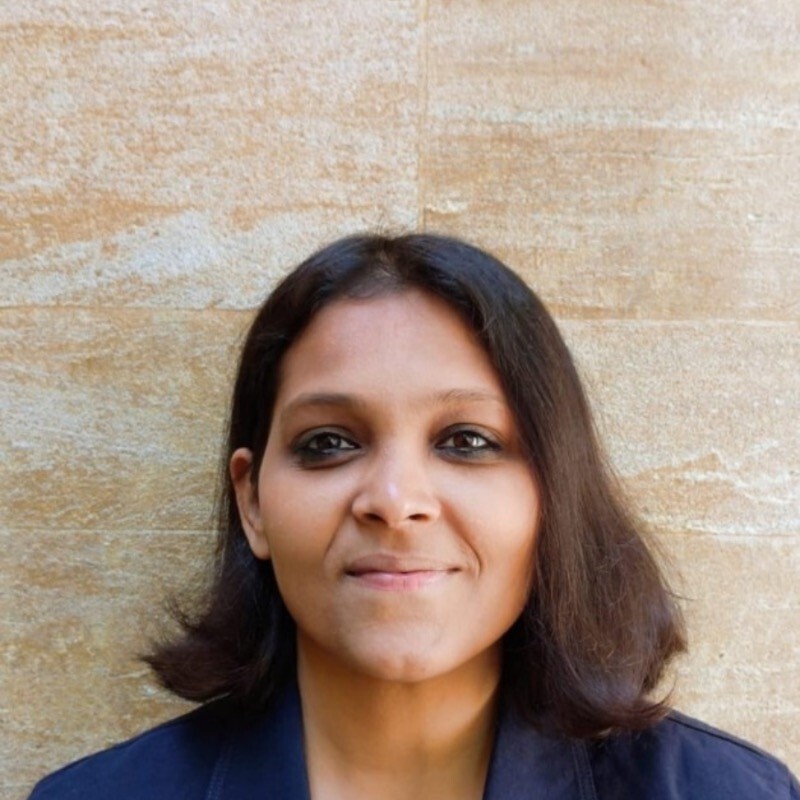[CSH-CPR Urban Workshop #163] Doing the ‘Dirty’ Work: Changing Caste and Value Relations in Delhi’s Waste Economies (A. Agarwal)
The Centre de Sciences Humaines (CSH) & Centre for Policy Research (CPR)
are pleased to invite you to an Urban Workshop (n°163)
by
Aparna AGARWAL
(Assistant Professor, School of Government and Public Policy, O.P. Jindal Global University)
on
Doing the ‘Dirty’ Work: Changing Caste and Value Relations in Delhi’s Waste Economies
on
Tuesday, 26 September 2023, at 3:45 pm IST onwards
The session will also be live-streamed on the CPR Facebook page.
In case of any issues and for queries, please email: urbanization@cprindia.org
About talk:
This paper focuses on the life worlds of waste workers from multiple caste communities in and around the Bhalswa landfill in Delhi. With the burgeoning of waste materials since India’s liberalisation, many lower-caste communities that had previously not been involved in waste work have now been drawn into waste economies. Historically, waste-work in South Aisa was structured around rigid caste hierarchies and was dominated by particular Scheduled Caste (SC) communities. Other ‘lower caste’ communities who had not been ascribed the status of untouchability did not engage in such work. However, waste work is no longer limited to traditional SC communities. Given this, in this talk, the speaker examines the transformation of caste-based practices and hierarchies vis-a-vis expanding waste economies.
She studies this by observing the acts of discrimination around the workplace and the neighborhood of waste workers and by mapping the everyday lives of waste workers around the Bhalswa landfill in Delhi. In particular, she examines the life worlds of three different waste-picking communities—nomadic communities, Hindu OBCs, and Bengali Muslims, and examines how caste-based discrimination and stigma associated with waste work plays out differently for these three communities within the localised context of Bhalswa landfill. She argues that the ascribed characteristics of the caste system may or may not fade over time, but they get transferred to other marginalised communities in the form of waste work because of changes led by capitalism and subsequent urbanisation. In the talk, she further problematises the question of caste and waste work by examining the intersections between materials, value, and identity.
Speaker:
 Aparna Agarwal is an Assistant Professor at the School of Government and Public Policy, O.P. Jindal Global University. She completed her D.Phil. from the Department of International Development, University of Oxford. Before joining the University of Oxford, she finished her B.A. (Hons.) from the University of Delhi, and her M.A and M.Phil. from Jawaharlal Nehru University, in Political Science. Her research interests lie in the fields of urban sociology, waste studies, labour studies, anti-caste studies, political ecology, and Indian politics. She is currently working on perceptions of the environment around waste sites in Delhi.
Aparna Agarwal is an Assistant Professor at the School of Government and Public Policy, O.P. Jindal Global University. She completed her D.Phil. from the Department of International Development, University of Oxford. Before joining the University of Oxford, she finished her B.A. (Hons.) from the University of Delhi, and her M.A and M.Phil. from Jawaharlal Nehru University, in Political Science. Her research interests lie in the fields of urban sociology, waste studies, labour studies, anti-caste studies, political ecology, and Indian politics. She is currently working on perceptions of the environment around waste sites in Delhi.
This is the hundred and sixty-three (163) in a series of Urban Workshops planned by the Centre de Sciences Humaines (CSH), New Delhi and Centre for Policy Research (CPR). These workshops seek to provoke public discussion on issues relating to the development of the city and try to address all its facets including its administration, culture, economy, society and politics. For further information, please contact: Stéphanie Tawa Lama of CSH at tawalama@ehess.fr, Mukta Naik at mukta@cprindia.org or Marie-Hélène Zerah at marie-helene.zerah@ird.fr







